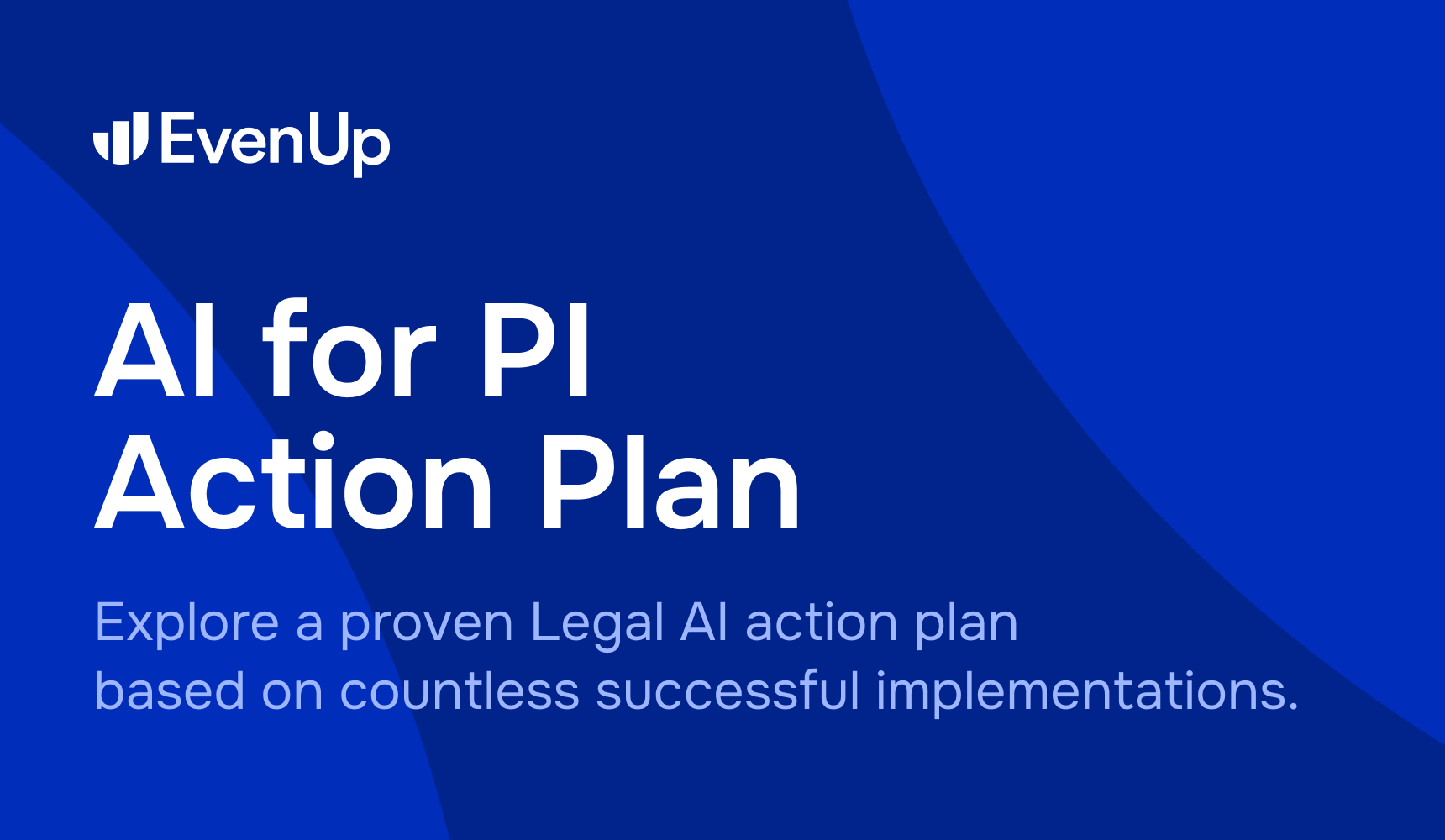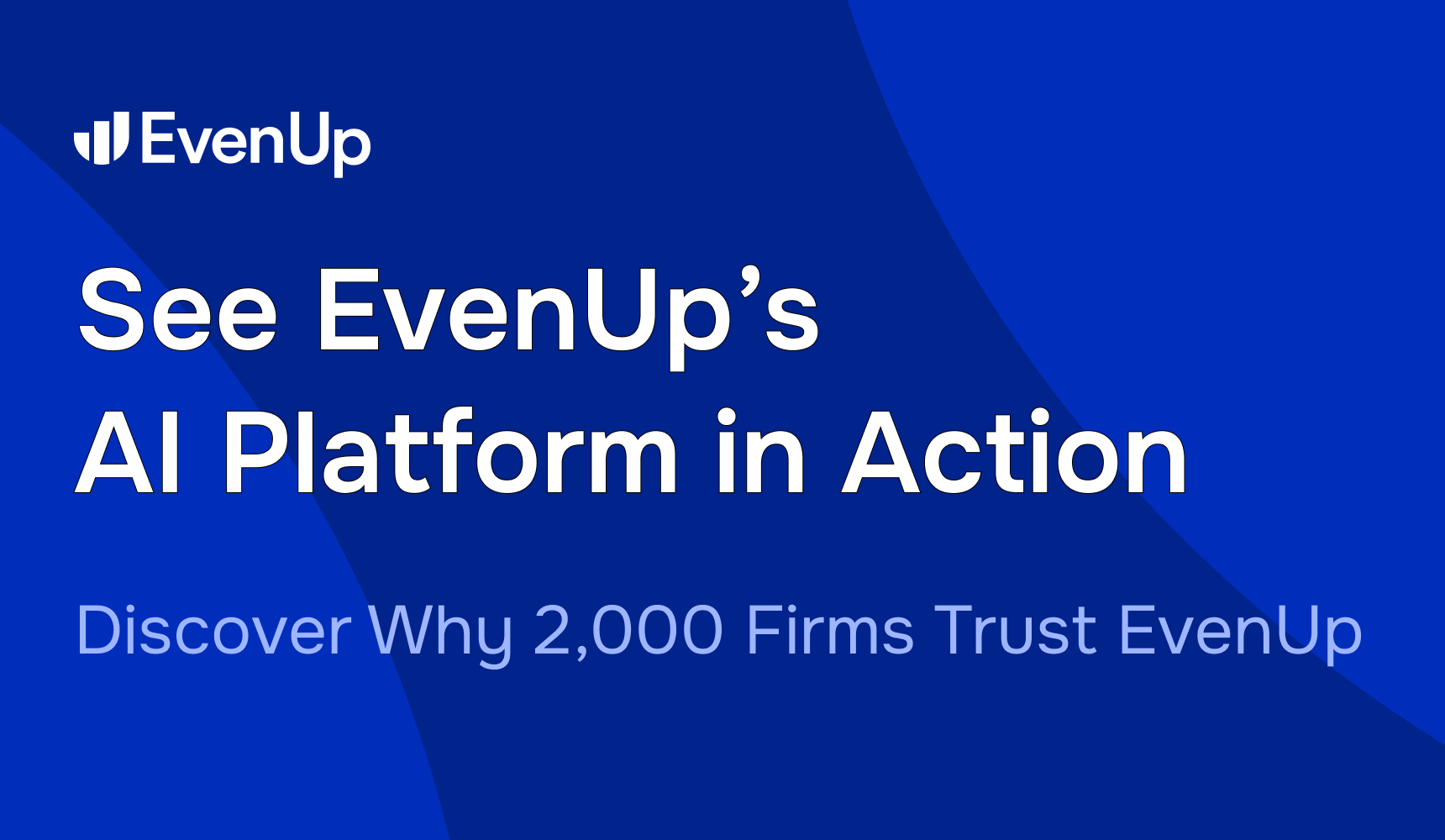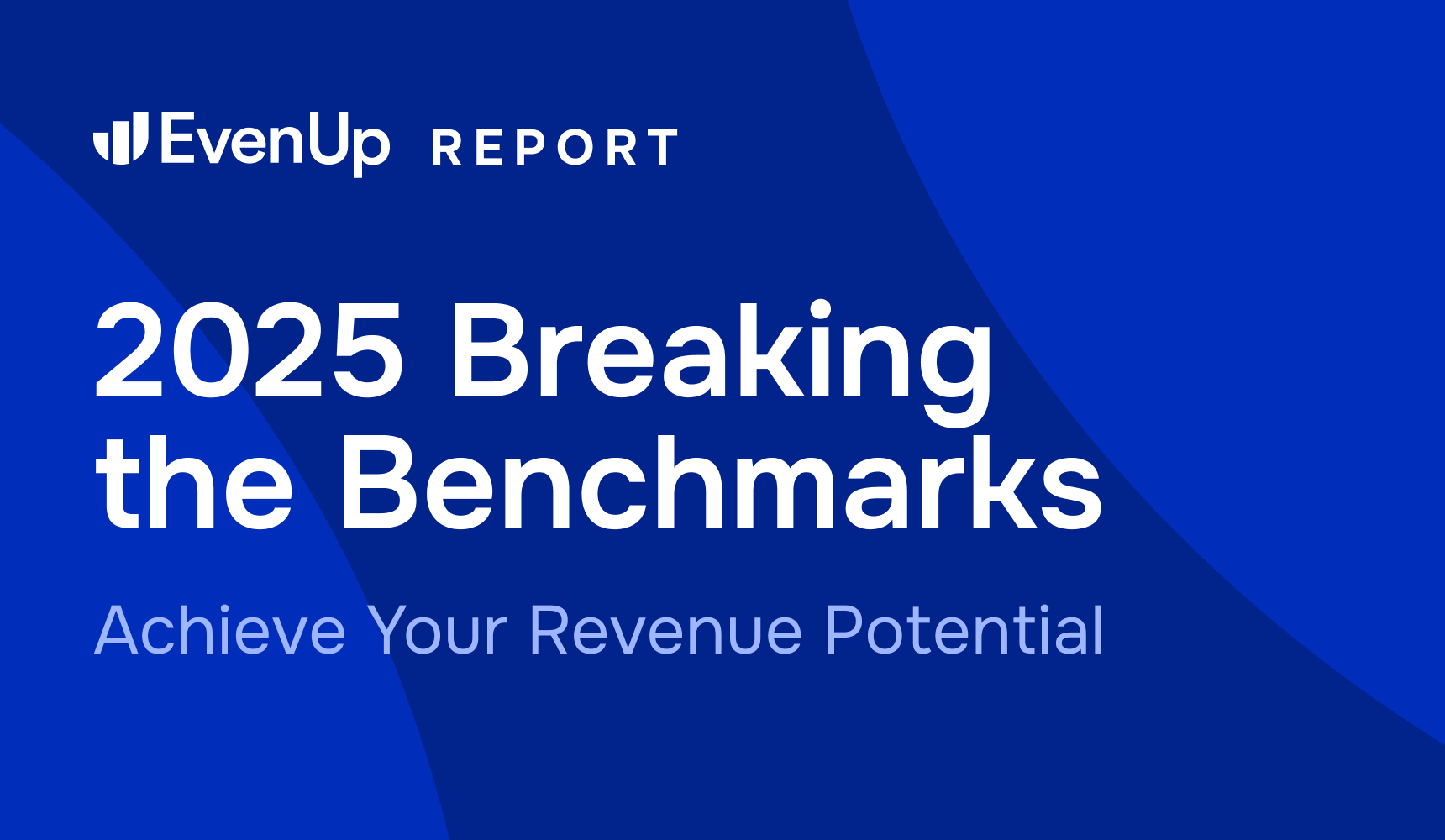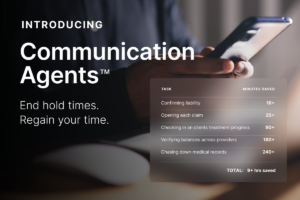EvenUp Law
December 15, 2025

Artificial intelligence (AI) is rapidly transforming the legal industry. This is particularly true for personal injury law firms seeking to streamline workflows, maximize settlement outcomes, and improve efficiency and accuracy when drafting legal documents.
AI-driven tools can accelerate case velocity via demand package creation, medical record analysis, and case valuation. Their adoption requires a well-defined law firm AI policy to mitigate legal, ethical, and operational risks.
A clear and comprehensive AI use policy protects client confidentiality, ensures regulatory compliance, and supports professional responsibility. PI firms can confidently leverage AI’s benefits by developing a structured AI policy without compromising ethical or legal obligations. Such a policy can also define what success looks like for AI usage and how it adds value to existing processes—empowering firms to exceed industry performance benchmarks and deliver more fair settlements.
Legal AI tools, such as EvenUp’s Claims Intelligence Platform, can streamline workflows from intake to resolution—enabling firms to settle higher and faster. But the integration of AI into legal practice introduces new risks. A law firm AI policy helps ensure that your firm doesn’t accidentally compromise client data or violate privacy regulations like HIPAA. Legal ethics emphasize lawyers’ responsibility to oversee AI-generated content and ensure its accuracy.
An effective law firm AI policy empowers your firm to:
By proactively creating an AI use policy, personal injury firms can safely adopt AI, protect client data, and uphold professional responsibilities.
Your step-by-step roadmap to launch, adopt, and scale AI across your PI firm.
Download Action Plan
A comprehensive law firm AI policy should include the following elements:
Artificial intelligence is reshaping legal workflows, but its adoption comes with critical ethical and legal responsibilities. Personal injury law firms must safeguard client confidentiality, maintain professional oversight, and ensure AI-driven processes comply with regulatory standards.
AI adoption in personal injury law firms should align with the ABA’s ethical framework, ensuring client data protection, legal work is reviewed and validated, and AI never replaces human legal judgment.
Lawyers must provide competent representation by staying informed about relevant technology, including AI. Competence involves understanding both the benefits and risks of AI tools.
AI Application in Personal Injury Law:
For example, if an AI platform drafts a demand letter, an attorney must ensure the legal citations are accurate, the content is appropriately contextualized, and all facts align with the case’s strategy.
Lawyers must prevent the unauthorized disclosure of client information. When using AI, they must ensure that the technology does not compromise confidentiality.
AI Application in Personal Injury Law:
For instance, EvenUp’s Claims Intelligence Platform™ is purpose-built for PI firms, ensuring secure handling of client information with built-in privacy safeguards.
Attorneys in leadership roles must supervise both subordinate lawyers and non-lawyer staff, ensuring that AI-assisted work adheres to professional and ethical standards.
AI Application in Personal Injury Law:
Attorneys must not engage in conduct involving dishonesty, fraud, deceit, or misrepresentation. This includes relying on AI-generated content that is false, misleading, or unethical.
AI Application in Personal Injury Law:
Without well-defined policies, firms risk exposing sensitive data, compromising case integrity, and failing to meet ethical obligations. Establishing clear guidelines for AI use—covering data security, attorney oversight, and accountability—ensures firms can harness AI’s benefits while maintaining compliance and protecting client interests.
By following these guidelines, firms can safely integrate AI while maintaining ethical and professional responsibility.
As law firms increasingly adopt AI-driven tools to streamline case management and legal workflows, data security and regulatory compliance have become critical concerns. AI platforms that handle sensitive client and medical information must meet the highest industry standards to protect confidential data, maintain attorney-client privilege, and comply with federal and state regulations.
SOC 2 Type 2 is a rigorous security framework that evaluates how organizations protect client data against unauthorized access, breaches, and operational risks.
For law firms leveraging AI in case analysis, demand package creation, or medical record processing, choosing SOC 2 Type 2-certified solutions ensures:
For personal injury firms handling medical records, HIPAA compliance is non-negotiable. AI platforms used for case valuation and settlement negotiations must adhere to HIPAA guidelines to ensure the confidentiality, integrity, and availability of Protected Health Information (PHI).
Law firms should prioritize AI tools that:
When implementing AI in legal workflows, firms should verify that their chosen platforms meet both SOC 2 Type 2 and HIPAA compliance standards.
These certifications signal a commitment to security, risk management, and regulatory adherence, reducing the potential for data breaches or ethical violations.
EvenUp, a leading AI-powered Claims Intelligence Platform™, has recently completed SOC 2 Type 2 recertification and HIPAA attestation, reinforcing its dedication to secure, compliant AI solutions for personal injury law firms. Learn more about their compliance commitment.
To fully capitalize on AI adoption, law firms must establish clear, measurable goals that track AI’s value to the business. AI adoption isn’t just about efficiency—it should directly contribute to modern law firm analytics that drive case outcomes, client satisfaction, and profitability.
AI can streamline legal processes, allowing firms to handle more cases and settle them more quickly. For example, EvenUp streamlines caseload management, enabling firms to take on more cases while maintaining high-quality client services. By automating demand package creation and case valuation, attorneys can process cases faster without sacrificing accuracy.
Key Metrics to Track:
AI should generate a positive return on investment (ROI) by increasing overall firm profitability. By reducing time spent on administrative tasks and improving settlement efficiency, firms can grow profit margins while maintaining or even lowering operating costs.
Key Metrics to Track:
While AI accelerates legal workflows, it must also enhance accuracy and compliance. Firms can validate AI’s effectiveness by tracking error rates in AI-generated documents and comparing them to manual work while ensuring attorneys maintain final oversight.
Key Metrics to Track:
AI technologies are advancing rapidly, and state bar associations continue to refine regulations surrounding their use.
Law firms can:
Not all legal AI is created equal. Generic AI platforms may offer broad capabilities, but they often lack the nuance and compliance measures required for high-stakes personal injury litigation. That’s why EvenUp built its Claims Intelligence Platform™ to support personal injury firms from intake to resolution.
EvenUp’s AI Drafts™ and Express Demands™ are engineered with the complexities of PI practices in mind. The platform isn’t just a document generator—it’s a centralized workspace that pulls context from every piece of your case file to produce high-quality, litigation-ready documents. Whether it’s summarizing medical records, calculating economic damages, or assembling winning demand packages, EvenUp integrates case-specific data with legal logic to help firms settle higher and faster.
By integrating AI that understands your workflow, your data types, and your regulatory environment, EvenUp enables your firm to scale operations without scaling headcount—maximizing settlement outcomes while protecting your clients and your practice.
Schedule a call today to see how EvenUp’s AI tools automate repetitive tasks, streamline custom drafting, and empower staff to focus on case strategy and client engagement.
Schedule a Call
AI presents exciting opportunities for personal injury law firms, but success depends on balancing innovation with professional responsibility. A comprehensive law firm AI policy ensures firms can confidently adopt AI tools while maintaining compliance with privacy laws, legal ethics, and client protection standards.
Personal injury law firms can harness AI’s potential to enhance efficiency, increase settlements, and deliver stronger client outcomes by adopting structured governance practices, enforcing human oversight, and implementing AI training programs.
To see how impactful a properly implemented AI strategy can be for your firm, download our 2025 Breaking the Benchmarks report—highlighting modern metrics that define PI firm success and provide actionable insights to grow revenue and streamline cash flows.
See actionable insights that correspond to maximum settlement value—and get industry benchmarks for AI-enabled modern metrics.
Get PI Benchmarks
Schedule a call today to see how EvenUp's AI tools automate repetitive tasks, streamline custom drafting, and empower staff to focus on case strategy and client engagement.
Schedule a call


